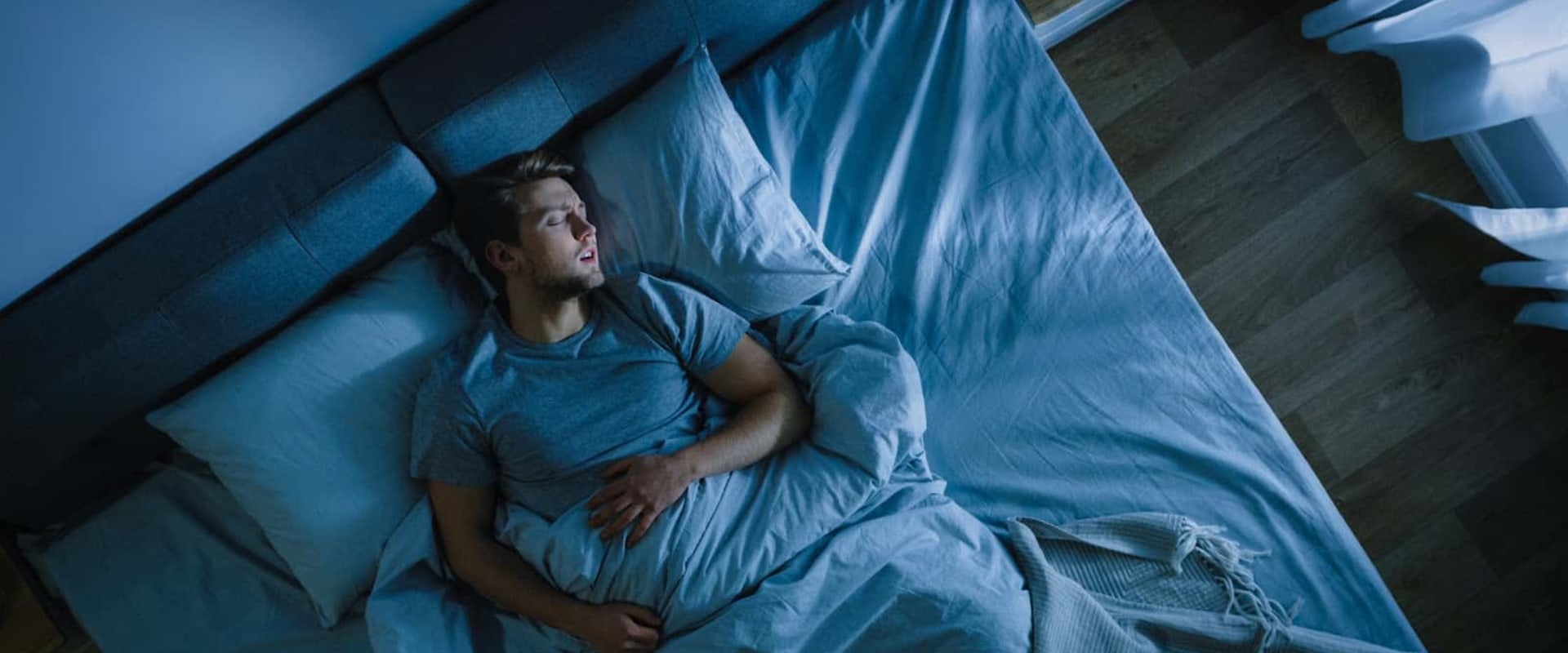Research on sleep has revealed that adolescents need between eight and ten hours of sleep each night, which is more than the amount required by a child or an adult. Unfortunately, most adolescents only get between 6.5 and 7.5 hours of sleep per night, and some even less. This chronic sleep deprivation can have a negative impact on their health and wellbeing. Studies have found that sleep deprivation can reduce reaction times with an effect similar to that of significant alcohol consumption.
The biological delay in their sleep-wake cycle makes it difficult for adolescents to fall asleep early enough to get eight or more hours of sleep and still make it to school on time. To help improve their sleep, parents should set a firm bedtime for their children. Additionally, adolescents should review and improve their sleep hygiene, including their environment and sleep habits. The use of electronic devices can also interfere with adolescents' sleep patterns.
Incoming notifications can cause interrupted and fragmented sleep, while the blue light emitted from these devices can keep teens' brains wired. Cognitive Behavioral Therapy for Insomnia (CBT-I) is an effective treatment for improving sleep routines. It works by restructuring negative thoughts and ideas about sleep and implementing practical measures to improve sleep routines. Lack of sleep can also affect the development of the frontal lobe, a part of the brain that is critical for controlling impulsive behaviour.
To help prevent mental disorders or reduce their symptoms, it is important for adolescents to get the recommended amount of sleep. Surveys have found that adolescents who identify as black, Asian and multiracial have the highest rates of sleeping less than eight hours per night. During adolescence, there is a strong tendency to be a 'night owl', staying up later at night and sleeping longer until morning. First, adolescents have a sleep drive that builds up more slowly, which means they don't start to feel tired until later in the evening.
Secondly, the body waits longer to start producing melatonin, which is the hormone that helps promote sleeping. Improving sleep in adolescents can help them maintain their physical health, emotional well-being and school performance.












Leave a Comment